13 Quirky and Funny Names of Damascus Neighborhoods
Damascus is an ancient city filled with stories, legends, and—surprisingly—some pretty unusual neighborhood names! Each name has its own backstory, whether it’s tied to geography, its residents, or just a strange incident that happened there. Here are some of the quirkiest neighborhood names in Damascus and the stories behind them!
1- Harat Matrah Ma Dayya Al Ird Ibnu (حارة مطرح ما ضيع الإرد ابنه) – The Alley Where the Donkey Lost His Son
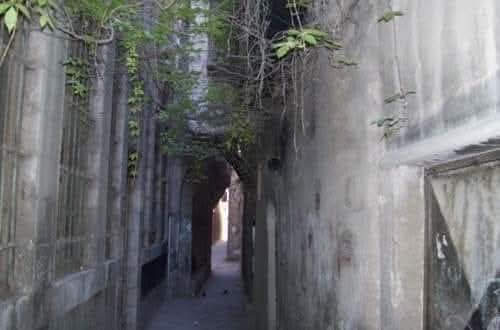
This alley is famous for being so narrow and winding that once you enter, you might struggle to find your way out. It’s like a maze—you go in and keep asking, “How do I get out of here?”
2- Harat Al Kalba (حارة الكلبة) – The Alley of the Female Dog
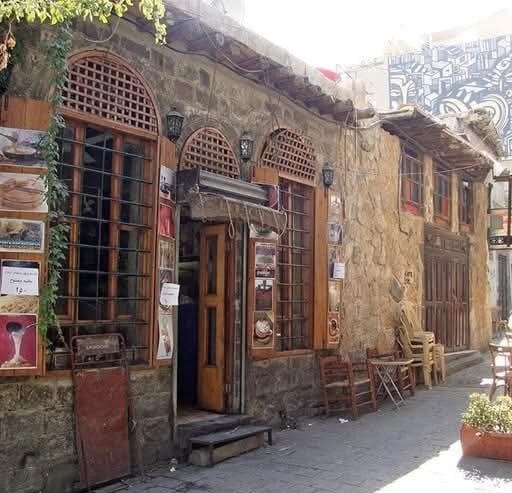
Located inside Mufti Alley in Souq Sarouja, this place got its name when a stray dog gave birth to her puppies there. The locals started calling it “Dog Alley,” and the name stuck for generations!
3- Harat Al Qutt (حارة القط) – The Alley of the Cat
Near Al-Amin district, next to the old city wall, this area was originally called “Bustan Al-Ot” (The Ot Garden). Some say the name was linked to a family or person, but over time, people just assumed it had something to do with cats!
4- Harat Al Jardoun (حارة الجردون) – The Alley of the Rat
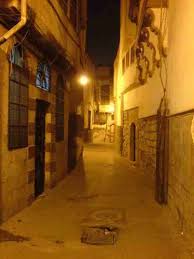
Next to Al-Ward Mosque in Souq Sarouja, there’s no official record of why it got this name. However, popular stories suggest that a particularly infamous rat roamed the area, earning it the name “Rat Alley.”
5- Harat Al Zott (حارة الزط) – The Alley of the Zott People
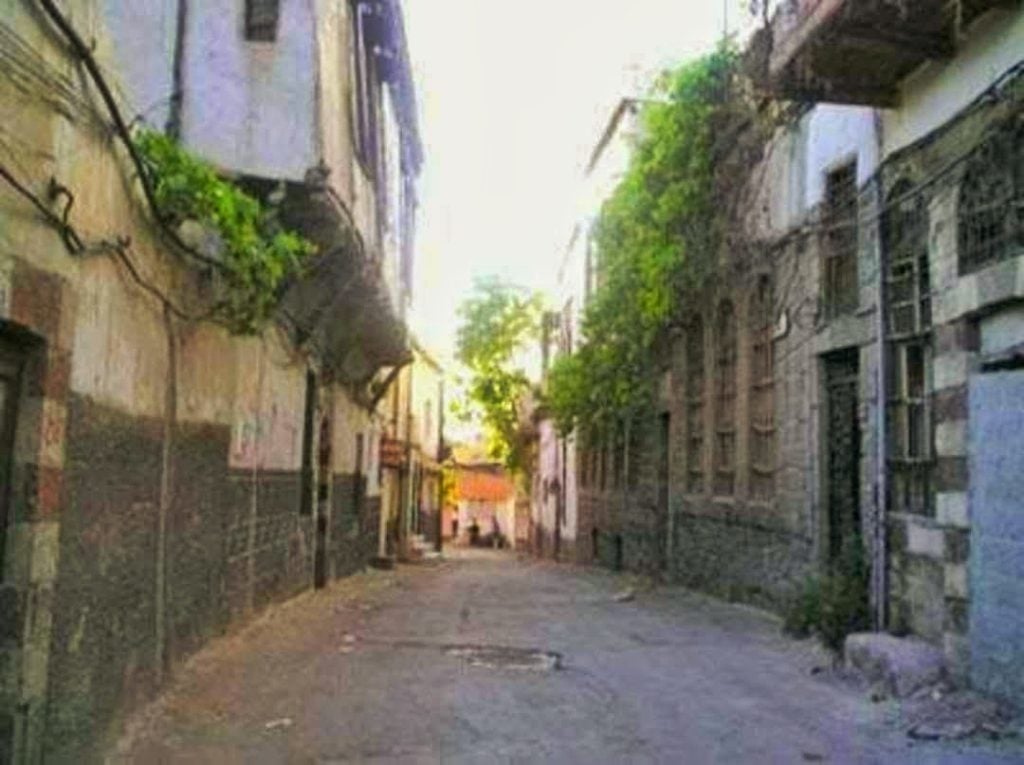
Stretching from Bab Al-Saghir to Al-Amin Street in Al-Shaghour, this neighborhood was named after the Zott people, who originally came from India. They weren’t exactly well-liked in society. Ironically, this street is now called “Reform Avenue!”
6 – Souq Mila (سوق ميلة) – The Slanted Market
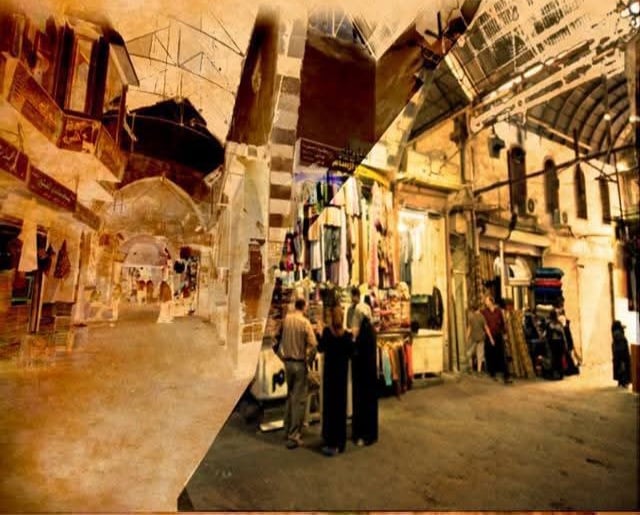
Originally called “Souq Qameela” in the Mamluk era, this market was famous for selling second-hand clothes. Over time, the name evolved into Souq Mila and became associated with cheap or low-quality goods. Even today, when someone buys something used, people joke, “Did you get that from Souq Mila?”
7- Zuqaq Al Jinn (زقاق الجن) – The Alley of the Jinn
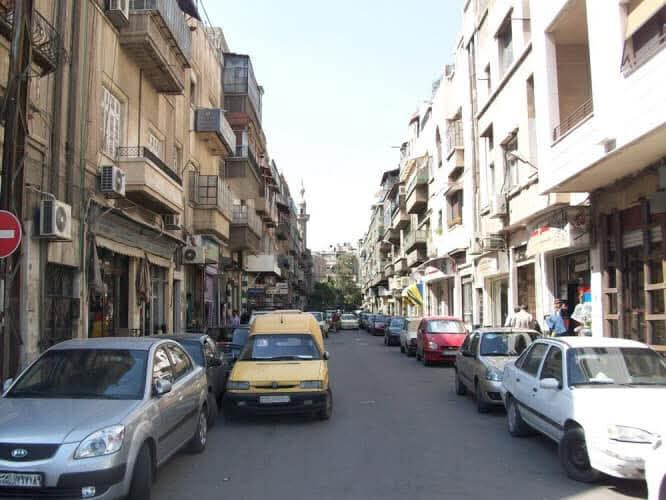
Now a marketplace for car parts, this area was once rumored to be haunted. The wind passing between the hills of Rabwa and Mazzeh used to make eerie sounds, fueling legends of supernatural beings. These stories made the alley a perfect hideout for shady characters, adding even more mystery to its name!
8- Zuqaq Habs Al Amwat (زقاق حبس الأموات) – The Alley of the Imprisoned Dead
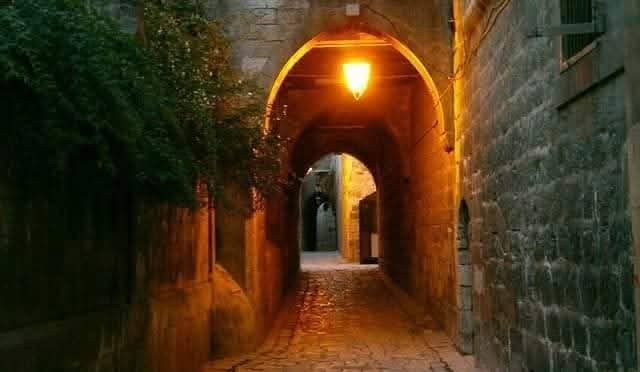
Located in Al-Amara, this place originally housed Al-Nasiriya School. However, people called it like that because it was where bodies of deceased debtors were kept until someone paid off what they owed.
9- Harat Al Mazabil (حارة المزابل) – The Alley of the Garbage Dumps
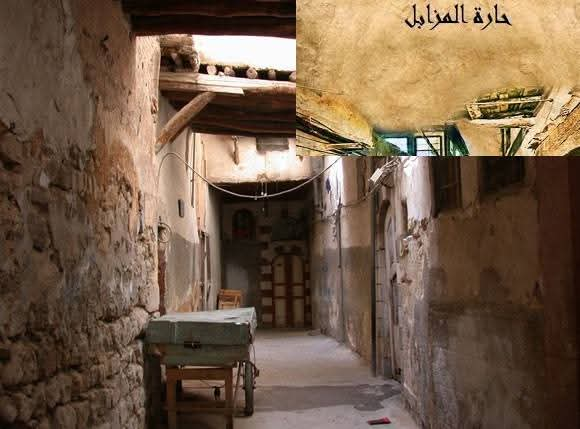
Back in the day, near Emir Abdelkader Al-Jazairi’s palace, there was a bridge connecting nearby neighborhoods. The empty land beside it turned into a dumping ground for the palace’s waste, and from then on, it was known as Harat Al Mazabil. Over time, it became a residential area with parks, but the name never changed!
10- Harat Al Qaatila (حارة القعاطلة) – The Alley of the Filthy Ones
Facing Bab Sharqi (the Eastern Gate), this alley’s name comes from the Arabic word “A’tila,” which means filth. According to old stories, this area once had a leper colony, which people avoided, leading to the name “Harat Al Qaatila.”
11- Jnaynat Al Naanaa (جنينة النعنع) – The Garden of Mint
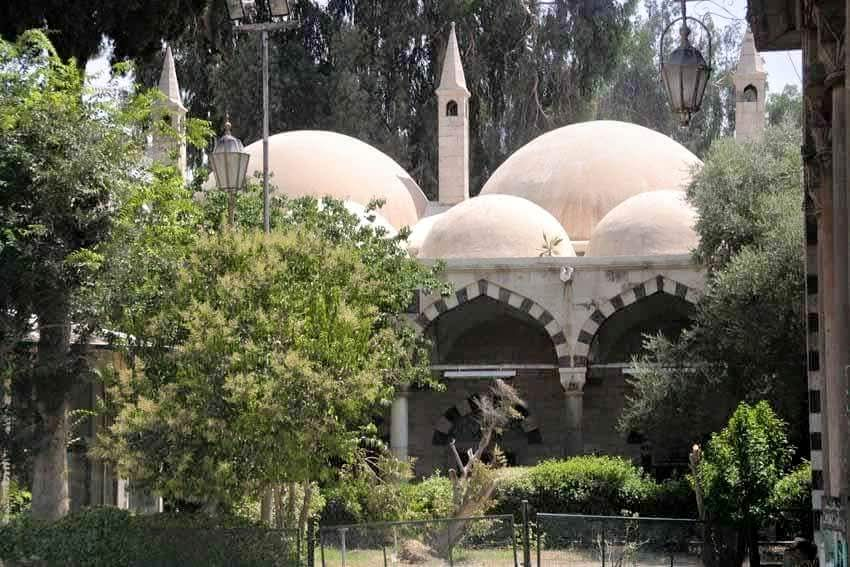
Once located east of the Suleymaniyeh Takiyya, this area is now a transportation hub. In the 1930s, it had three names: “Nickel Garden” (because entry cost a nickel), “Ladies’ Garden” (since it was reserved for women), and “Mint Garden” (because it was filled with mint plants). Even though the garden no longer exists, people still use the name.
12- Haret Al Wared (حارة الورد) – The Alley of Rose
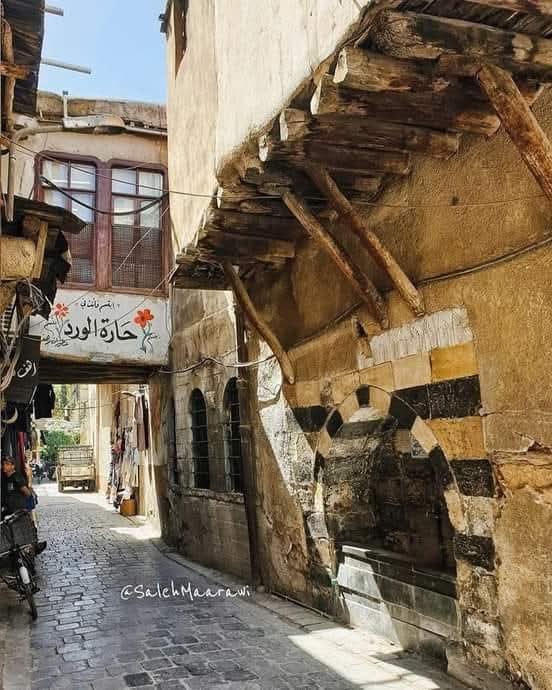
This alley’s name is tied to “Hikr Al-Ward” (The Rose Lot), which once occupied this area. Although the name changed during the Mamluk period, it eventually came back, thanks to landmarks like Al-Ward Mosque and Al-Ward Hammam.
13- Zuqaq Al-Sabe’ Tawali’ (زقاق السبع طوالع) – Alley of the Seven Water Distributors
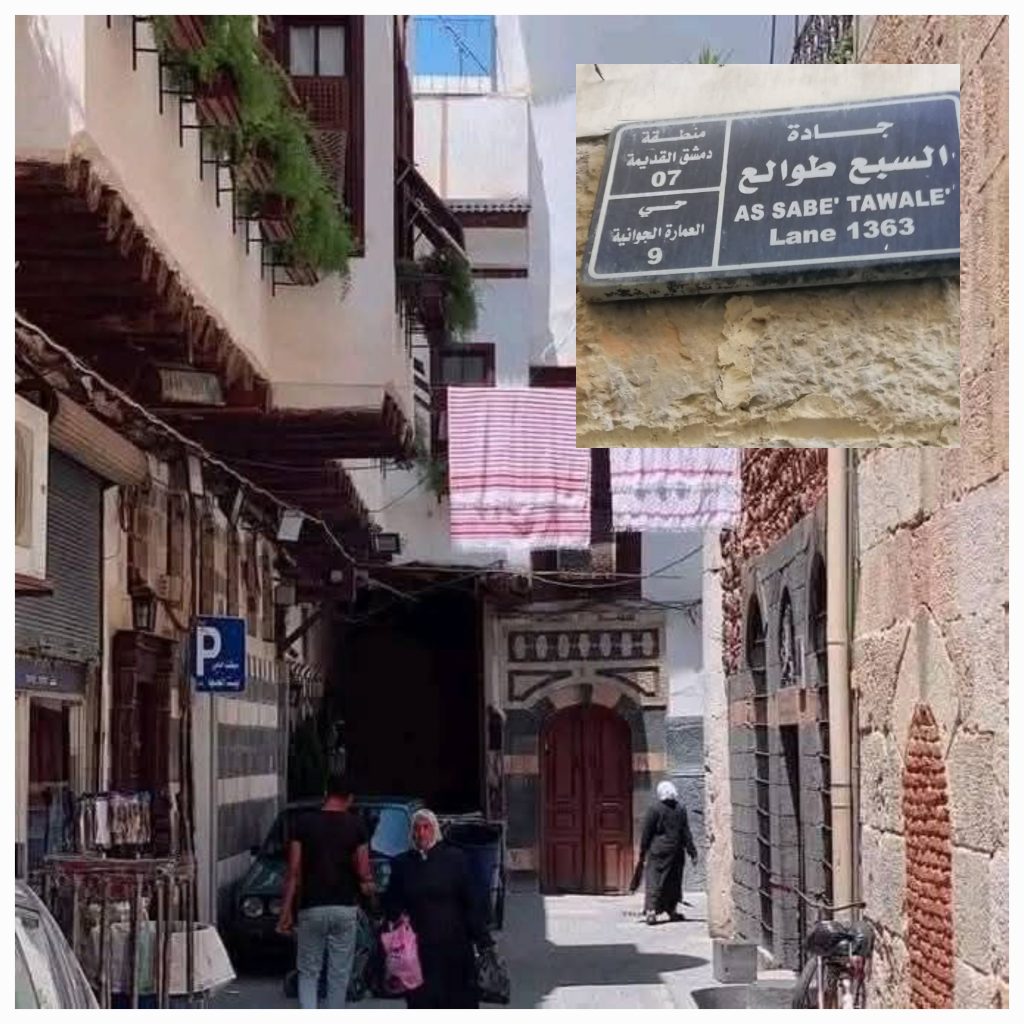
Located in Al-Amara near Bab Al-Faradis, north of the Umayyad Mosque, this alley got its name from the old water tanks that distributed water from the Barada River. Each house in the area had a pipe connected to these tanks for their water supply.
And That’s a Wrap!
Damascus has no shortage of unusual neighborhood names, each with a unique and often hilarious backstory. These are just a few of them, but we know there are plenty more! Do you know any other Damascus neighborhoods with weird or funny names? Share them with us!
You might also like: 12 Things That Remind Us Exactly Why We Love Damascus